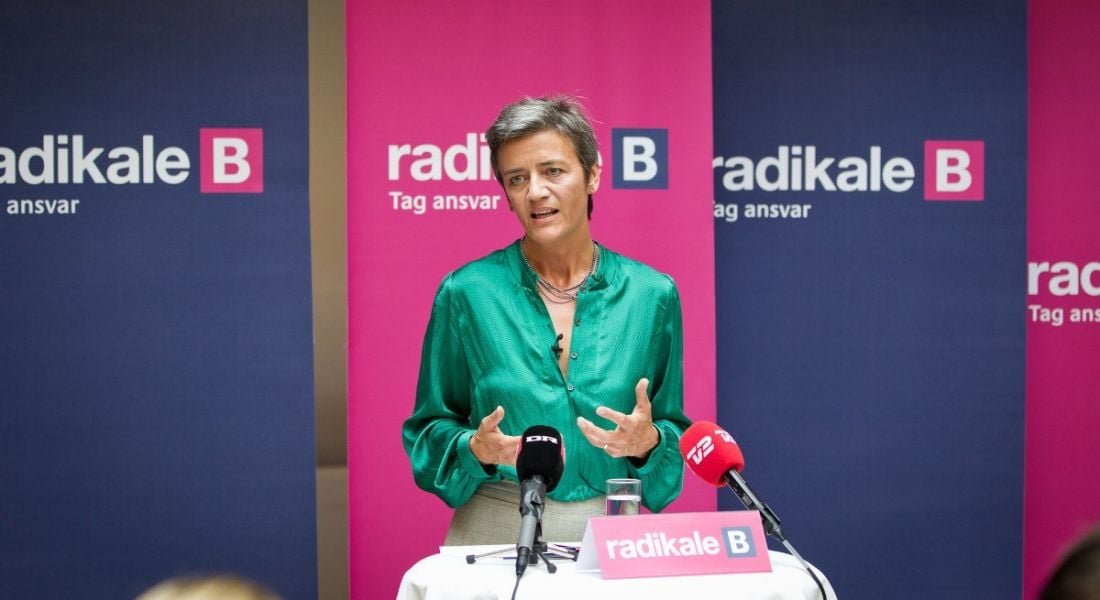The EU’s Margrethe Vestager said that proposals by the EU to make research careers more accessible could benefit up to 2m academics.
The European Commission announced yesterday (13 July) that it is planning to introduce measures to make research careers in the EU a more attractive prospect. The body also wants to make it easier for those already working as researchers to collaborate across sectors.
According to Margrethe Vestager, executive VP for a Europe Fit for the Digital Age, such commitments could bring benefits to 2m researchers in the region. “It supports research careers and strengthens the European Research Area for a competitive innovation landscape.”
“By acting together with the member states, academic sector and industry, we can improve working conditions to ensure that this generation of scientists and innovators stays and thrives in Europe,” she added.
Strengthening the viability of research careers was one of the most important stipulations of the European Research Area strategy for 2022 to 2024. The document mentioned the need to improve working conditions for researchers as well as better recognition of their profession. In Ireland, postgraduate workers have been protesting about poor working conditions for years. A recent Government-commissioned review of PhD working conditions failed to satisfy the union representing these workers.
The EU is proposing to make a dedicated European framework for researchers which it hopes will address some of the pain points for working researchers. The framework would include provisions for career progression, better monitoring of research careers and the increased use of permanent contracts.
As well as this, the EU is proposing a new Charter for Researchers which will be an update on the existing Charter from 2005 that laid out the roles, responsibilities and entitlements of researchers as well as of their employers and funders. The new Charter seeks to build on its predecessor.
The third update the EU is proposing is a competence framework for researchers called ResearchComp. This will be closely linked with the EU Year of Skills which is happening throughout 2023 and includes an emphasis on digital skills. ResearchComp will promote transversal skills among academics and scientists in the EU region by promoting things like micro-credential courses.
ResearchComp has been in the works for a while, but the EU is planning to add various platforms to it to assist researchers in their careers. These include a talent platform to link workers with various services and a research and innovation careers platform that will leverage data to monitor the European Research Area.
10 things you need to know direct to your inbox every weekday. Sign up for the Daily Brief, Silicon Republic’s digest of essential sci-tech news.
Margrethe Vestager speaking to press in 2011. Image: Radikale Venstre via Flickr. (CC BY 2.0)




